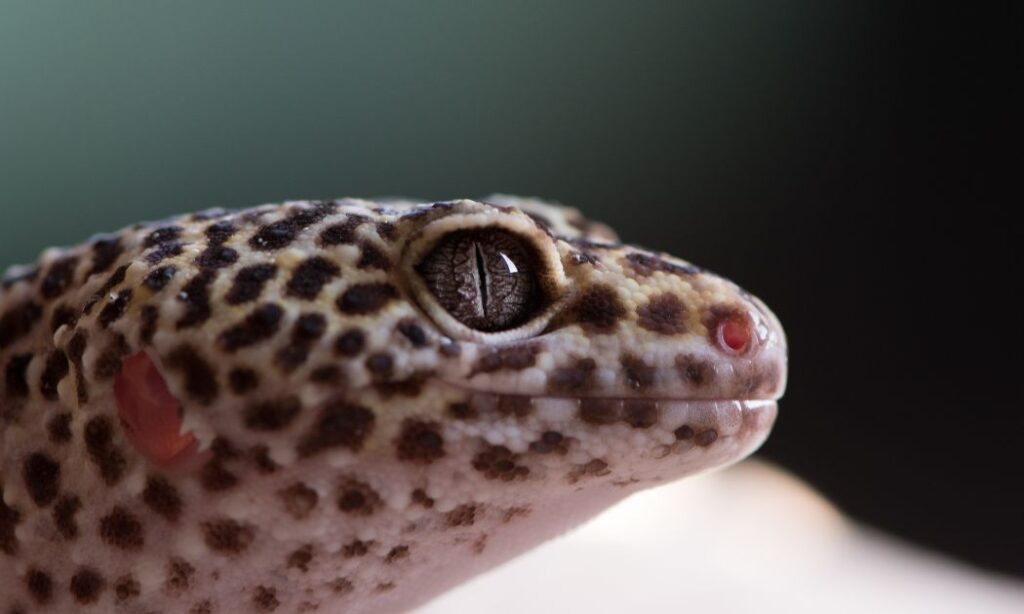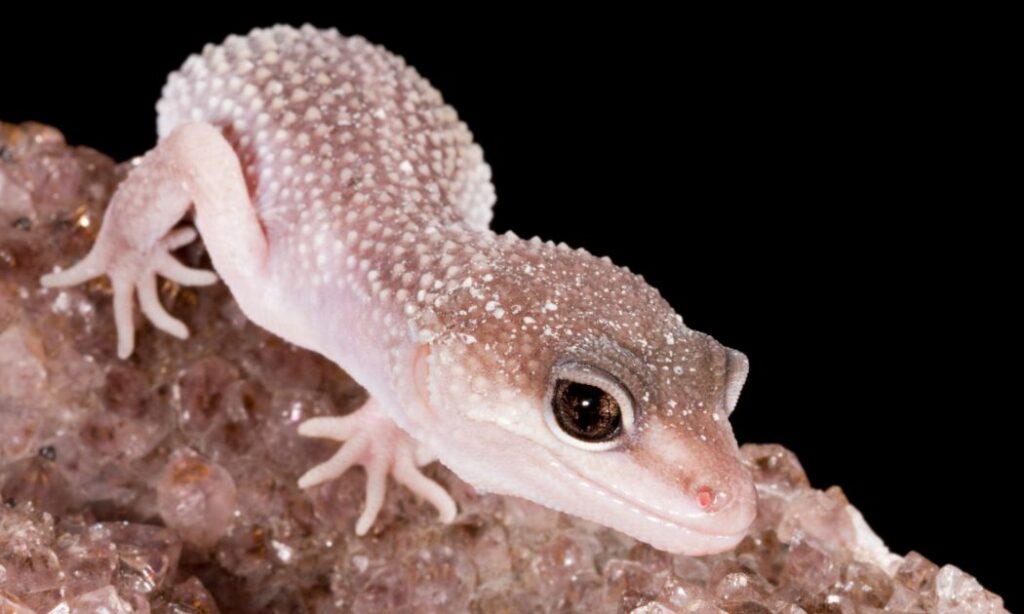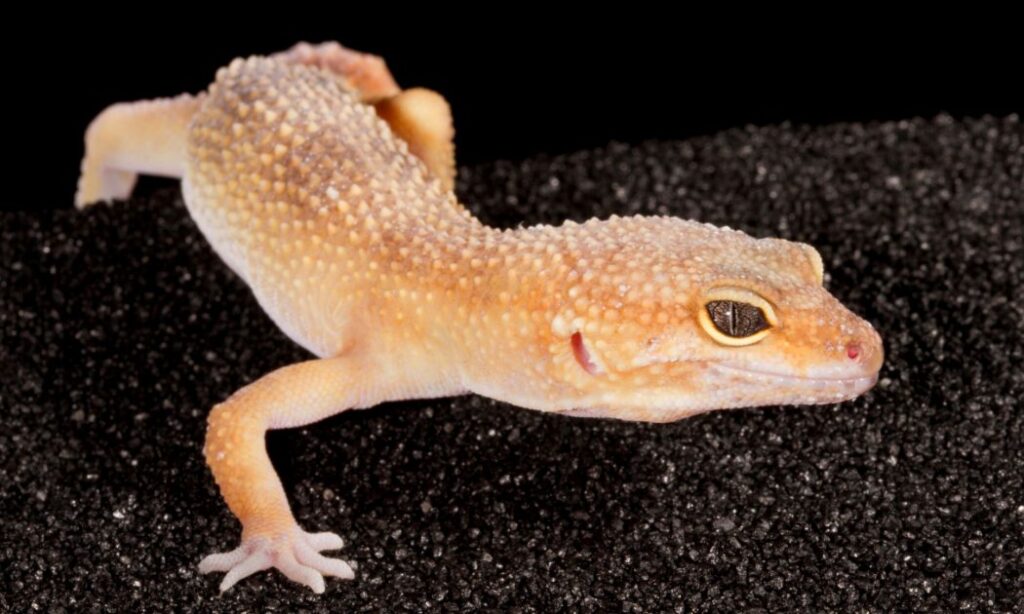If you’re a gecko owner, you might be wondering which essential oils are safe to use around your pet gecko. Unfortunately, not all essential oils are created equal when it comes to safety for your gecko. In this blog post, we’ll discuss which essential oils are bad for geckos and why you should avoid using them.
Cinnamon oil – can cause respiratory distress
Cinnamon oil can have many uses, such as cleaning and health benefits. But it is essential to remember that if you have geckos in your home, cinnamon oil should be avoided at all costs! Inhaling this popular essential oil can cause geckos severe respiratory distress–a reaction which can unfortunately prove very bad for their health.
Therefore, while cinnamon oil may offer many advantages in many other circumstances, gecko owners need to take caution.

Clove oil – can be toxic if ingested
Clove oil can be both a beneficial substance and a potent toxin, depending on the application. Although this oil has many healing properties, it should never be ingested directly in any way. It is known to be especially dangerous to geckos, as they seem to metabolize clove oil differently than other animals.
Unfortunately, if geckos ingest clove oil it can result in some severe health issues and even death.
The best course of action for gecko owners is to stay away from essential oils altogether until more research is conducted regarding the effects of these oils on geckos.
In short: while clove oil has many good uses, it’s best to just keep geckos away from it.
Peppermint oil – can be irritating to the skin
Peppermint oil (or peppermint extract) is an essential oil derived from the peppermint plant known for its unique aromatic qualities and medicinal purposes, but it can also be dangerous.
Many geckos have been known to be sensitive to peppermint oil and when applied topically, the geckos can suffer skin irritation and reaction.
Unfortunately, in some cases, these reactions can be quite bad if the oil is applied incorrectly or used in excessive amounts.
As such, gecko owners should approach peppermint oil with caution and take necessary precautions as advised by medical professionals.

Tea tree oil – can be poisonous if ingested
Tea tree oil is an essential oil that boasts of many positive benefits. When used appropriately, it can be a powerful tool for healing; however, when ingested, the gecko can quickly become poisoned.
Ingesting tea tree oil can have bad health consequences which range from temporary stomach pain to long-term damage to the liver and kidneys.
It’s important to remember that while essential oils can be helpful, they should never be taken orally as they are remarkably concentrated and too much exposure can be toxic.
Thyme oil – can be irritating to the skin
Thyme oil is one of the essential oils often used for its aroma and therapeutic properties, and it is widely available.
Unfortunately, however, thyme oil can have negative effects when it comes to skin contact. It has been reported to be an irritant that can cause gecko-like reactions in some people. Whenever using thyme oil topically, it is important to remember that these bad reactions are a very real possibility.
The best option is to dilute any thyme oil with a base before use or consider an alternative essential oil without the risk of skin irritation.

In conclusion, essential oils can cause serious health issues for geckos if not used carefully. Peppermint, tea tree, clove, and cinnamon oils are particularly dangerous for geckos, as these ingredients contain compounds that can disrupt their respiratory system. Though there are some essential oils that are safe to use around geckos, it is best to avoid using any kind of oil in a gecko’s tank.
Related posts:

Hi – I’m Erika, the lead gecko enthusiast here at Geckopedia! I write articles about pet geckos, including what to feed your leopard gecko and how to help your pet gecko live a long, happy life! I graduated with advanced degrees from UC-Berkeley, the University of Southern California (USC) and Indiana University-Bloomington, where I studied Biology and Animal Science. I use my experience to help others learn about gecko care, and I am an advocate for all topics gecko related!
